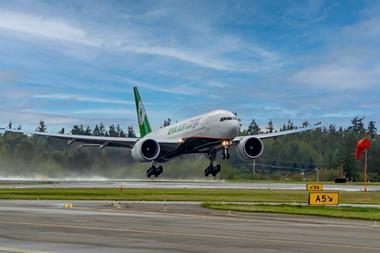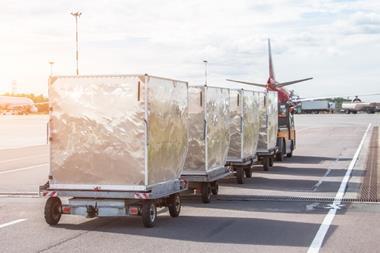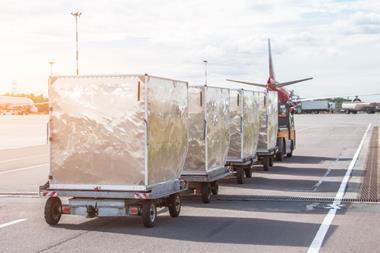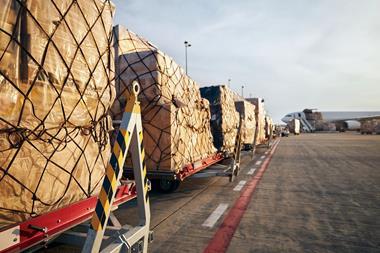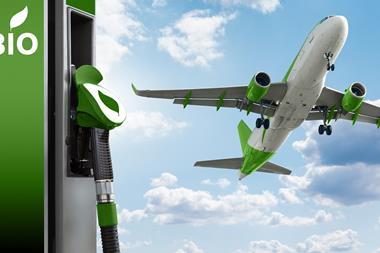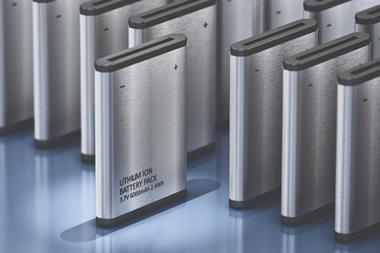IATA has confirmed the “successful implementation” of its Cargo Accounts Settlement Systems (CASS) in Russia, achieved in partnership with the Russian bank VTB and with the national flag-carrier Aeroflot.
CASS is designed to simplify the billing and settlement of accounts between airlines and freight forwarders.
It operates through CASSlink, which IATA describes as an “advanced, global, web-enabled, e-billing solution”.
As of the end of 2016, CASS was in operation in 93 territories serving airlines, general sales and services agents (GSSAs), and freight forwarding companies.
The on-time settlement rate last year was 99.999%, and covered settlements worth a total $26.4bn.
“The implementation of CASS in Russia is an important step forward,” declared Rafael Schvartzman, IATA’s regional vice president for Europe.
“IATA’s CASS links Russian aviation to a massive global network, bringing tremendous efficiencies to airlines and freight forwarders,” he continued.
“Now all freight forwarders and airlines operating cargo services from Russia can benefit from the global best practices and the new technology CASS is bringing to the market.”
VTB acts as the official clearing bank for CASS Russia.
“Participation of the largest Russian banking group, VTB, in the implementation of CASS in Russia will ensure increased effectiveness and efficiency of the settlement process between Russian airlines and freight forwarders and, therefore will facilitate further integration of Russian airlines into the global air transport industry,” observed Victoria Vanurina, a member of the VTB Bank Management Board.
Aeroflot has also played a critical role during CASS implementation in Russia, working closely with the nation’s aviation authorities and other airlines.
Moving forward
According to IATA, CASS is “an important step towards taking full advantage of today’s technology and innovative standards”.
But the next step is removing outdated paper-based processes from air cargo by implementing electronic air waybills (e-AWB).
In Russia, this is becoming possible as a result of legislation recently approved by the State Duma (the national lower house of parliament) and signed by President Putin, which allows for ratification of the Montreal Convention of 1999 (MC99).
MC99 modernises and unifies the international treaty regimes covering airline liability that have developed haphazardly since 1929.
“It is a prerequisite for the industry’s e-cargo initiatives, such as the e-air waybill and e-freight, which will make air cargo more efficient and reliable,” IATA believes.
“This is a very significant development that will help speed up air cargo shipment times, improve efficiency and reduce costs for airlines and shippers on flights to and from the Russian Federation,” Schvartzman remarked.
“We look forward to the completion of the ratification process as soon as possible.”





